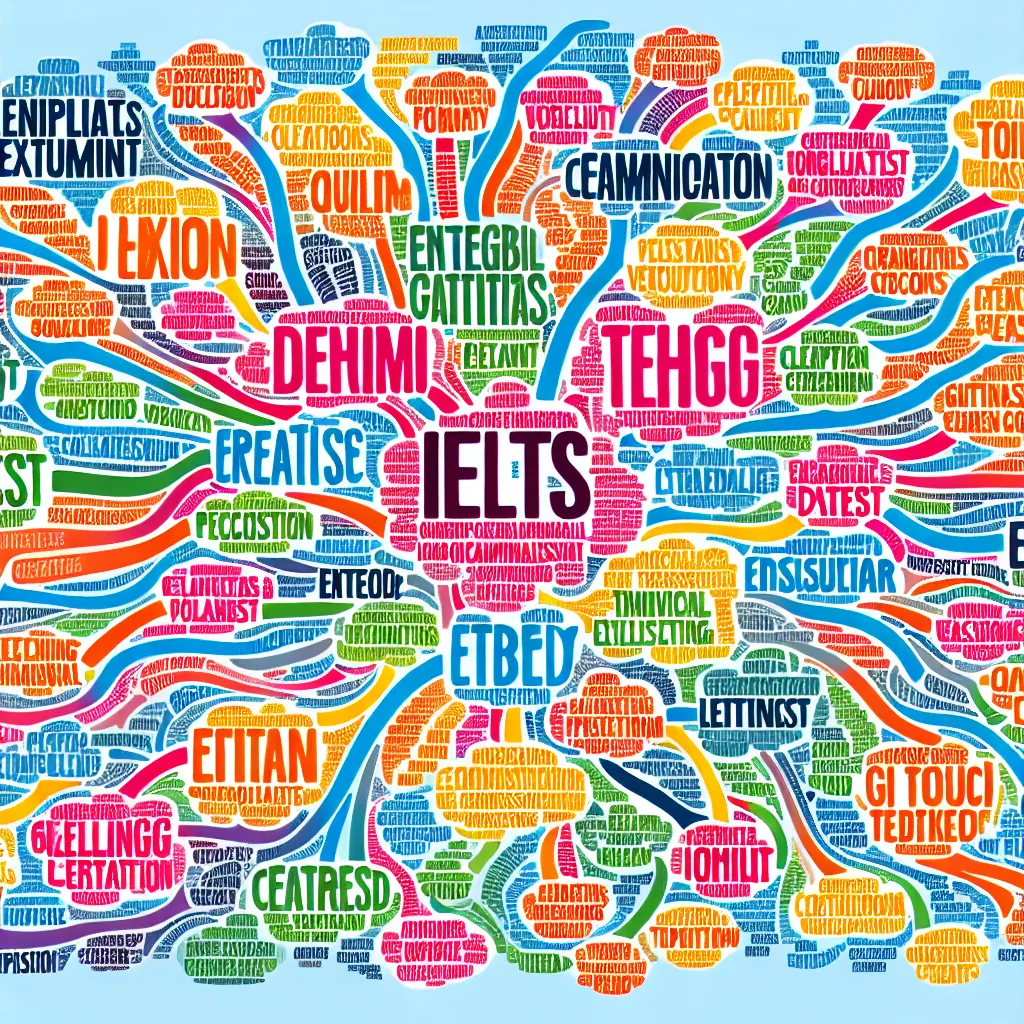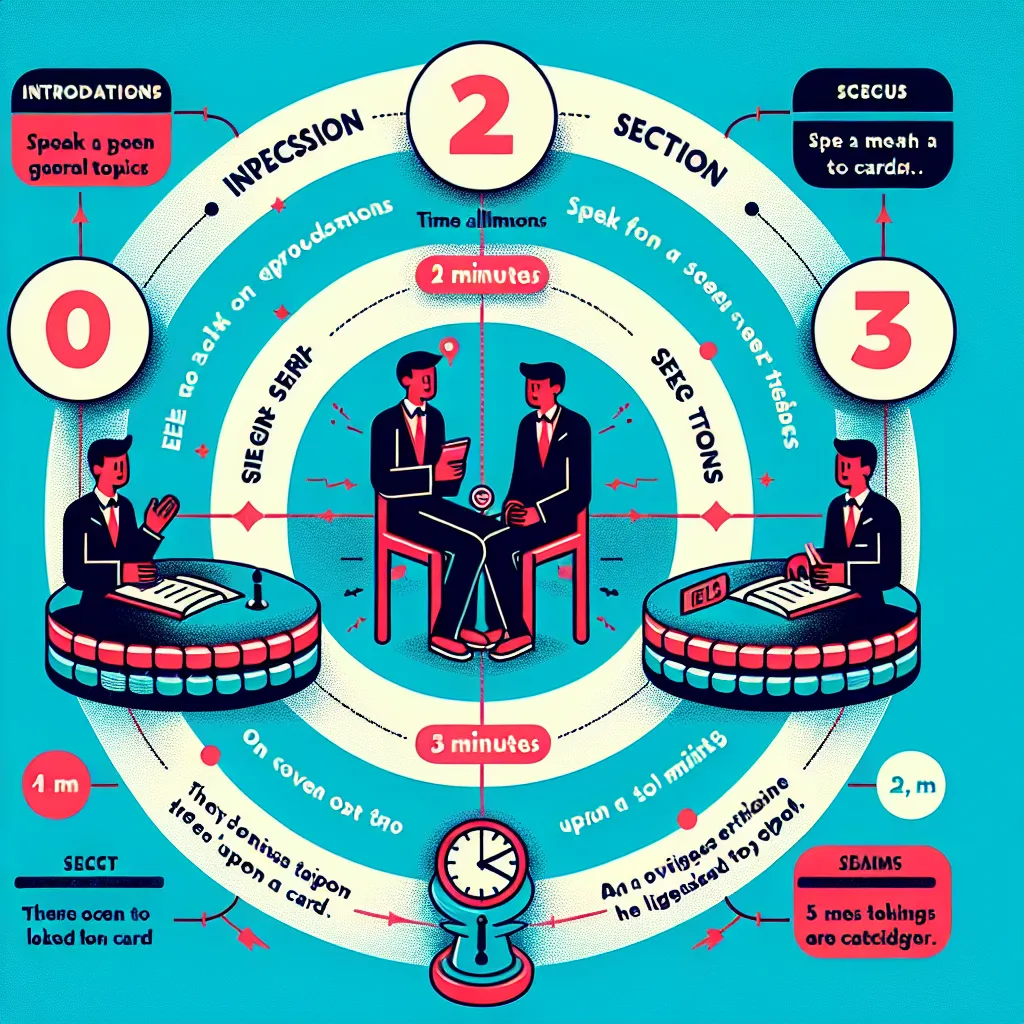Are you aiming for a high score in IELTS Writing Task 2? You’re not alone. Many test-takers find this part of the exam particularly challenging. However, with the right approach and preparation, you can significantly improve your performance. In this comprehensive guide, we’ll explore expert strategies to help you excel in IELTS Writing Task 2 and boost your overall band score.
 IELTS Writing Task 2 preparation
IELTS Writing Task 2 preparation
Understanding IELTS Writing Task 2
Before diving into strategies, it’s crucial to understand what IELTS Writing Task 2 entails. This task requires you to write an essay in response to a point of view, argument, or problem. You’ll need to write at least 250 words in 40 minutes, demonstrating your ability to organize ideas, use a wide range of vocabulary, and employ correct grammar.
Key Assessment Criteria
To score high in IELTS Writing Task 2, you need to excel in four main areas:
- Task Response
- Coherence and Cohesion
- Lexical Resource
- Grammatical Range and Accuracy
Let’s explore each of these criteria and how to master them.
Mastering Task Response
Task Response is about addressing all parts of the question and presenting a clear position throughout your essay.
Tips for Excellent Task Response:
- Carefully analyze the question
- Plan your response before writing
- Address all parts of the question
- Develop your ideas with examples and explanations
- Maintain a clear position throughout your essay
Remember, a high-scoring essay fully addresses the task with well-developed and extended ideas.
Enhancing Coherence and Cohesion
Coherence and Cohesion refer to the logical organization of your ideas and the smooth flow of your writing.
Strategies for Improving Coherence and Cohesion:
- Use a clear essay structure (introduction, body paragraphs, conclusion)
- Employ appropriate linking words and phrases
- Use paragraphs effectively to separate ideas
- Ensure each paragraph has a clear central topic
- Use referencing and substitution to avoid repetition
A well-organized essay with clear progression of ideas will score high in this criterion.
Expanding Your Lexical Resource
Lexical Resource refers to your vocabulary range and how accurately you use it.
Ways to Enhance Your Lexical Resource:
- Learn and use topic-specific vocabulary
- Incorporate idiomatic expressions appropriately
- Use synonyms to avoid repetition
- Practice using less common vocabulary correctly
- Read widely to expand your vocabulary
Remember, it’s not just about using advanced words, but using them accurately and appropriately.
 IELTS vocabulary expansion
IELTS vocabulary expansion
Improving Grammatical Range and Accuracy
This criterion assesses your ability to use a variety of grammatical structures accurately.
Techniques to Boost Your Grammar Score:
- Use a mix of simple and complex sentence structures
- Practice using different tenses accurately
- Incorporate a range of grammatical features (e.g., conditionals, passive voice)
- Proofread your essay for grammatical errors
- Study and practice advanced grammatical structures
Aim for a balance between grammatical complexity and accuracy to score high in this area.
Practical Strategies for IELTS Writing Task 2 Success
Now that we’ve covered the assessment criteria, let’s look at some practical strategies to help you achieve a high score.
1. Time Management
Effective time management is crucial in IELTS Writing Task 2.
- Spend 5 minutes planning your essay
- Write for about 30 minutes
- Reserve 5 minutes for review and editing
2. Essay Planning
A well-planned essay is key to a high score.
- Brainstorm ideas related to the topic
- Organize your thoughts into a clear structure
- Decide on your main points and supporting examples
3. Writing a Strong Introduction
Your introduction sets the tone for your essay.
- Paraphrase the question to show understanding
- Clearly state your position
- Provide a brief outline of your main points
4. Developing Body Paragraphs
Well-developed body paragraphs are essential for a high-scoring essay.
- Start each paragraph with a clear topic sentence
- Support your ideas with specific examples or explanations
- Ensure each paragraph focuses on one main idea
- Use transition words to link paragraphs smoothly
5. Crafting a Convincing Conclusion
A strong conclusion reinforces your argument and leaves a lasting impression.
- Summarize your main points
- Restate your position
- Avoid introducing new ideas
6. Proofreading and Editing
Don’t underestimate the importance of reviewing your work.
- Check for grammatical and spelling errors
- Ensure your ideas flow logically
- Verify that you’ve addressed all parts of the question
Common Pitfalls to Avoid
To achieve a high score, be aware of these common mistakes:
- Misinterpreting the question
- Writing off-topic
- Not providing enough examples or explanations
- Using memorized essays or phrases
- Neglecting to proofread
Next Steps: Practice and Improvement
Achieving a high score in IELTS Writing Task 2 requires consistent practice and improvement.
- Write practice essays regularly
- Time yourself to simulate exam conditions
- Get feedback from a teacher or experienced IELTS tutor
- Analyze high-scoring sample essays
- Keep expanding your vocabulary and improving your grammar
Remember, improvement takes time and effort, but with dedication and the right strategies, you can significantly boost your IELTS Writing Task 2 score.
In conclusion, succeeding in IELTS Writing Task 2 is about understanding the assessment criteria, developing strong writing skills, and practicing effective strategies. By focusing on task response, coherence and cohesion, lexical resource, and grammatical range and accuracy, you can craft essays that impress examiners and achieve the high score you’re aiming for. Keep practicing, stay motivated, and approach each essay as an opportunity to showcase your English language skills.
[internal_links]
Do you have any specific questions about IELTS Writing Task 2 or strategies you’d like to discuss further? Share your thoughts in the comments below, and let’s continue this conversation to help you achieve your IELTS goals!




